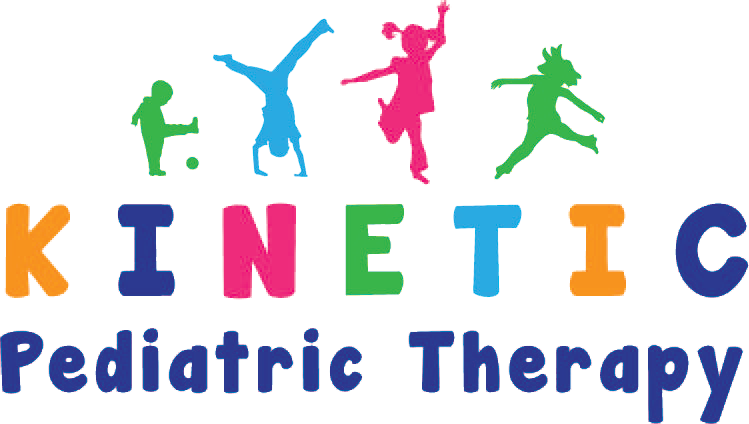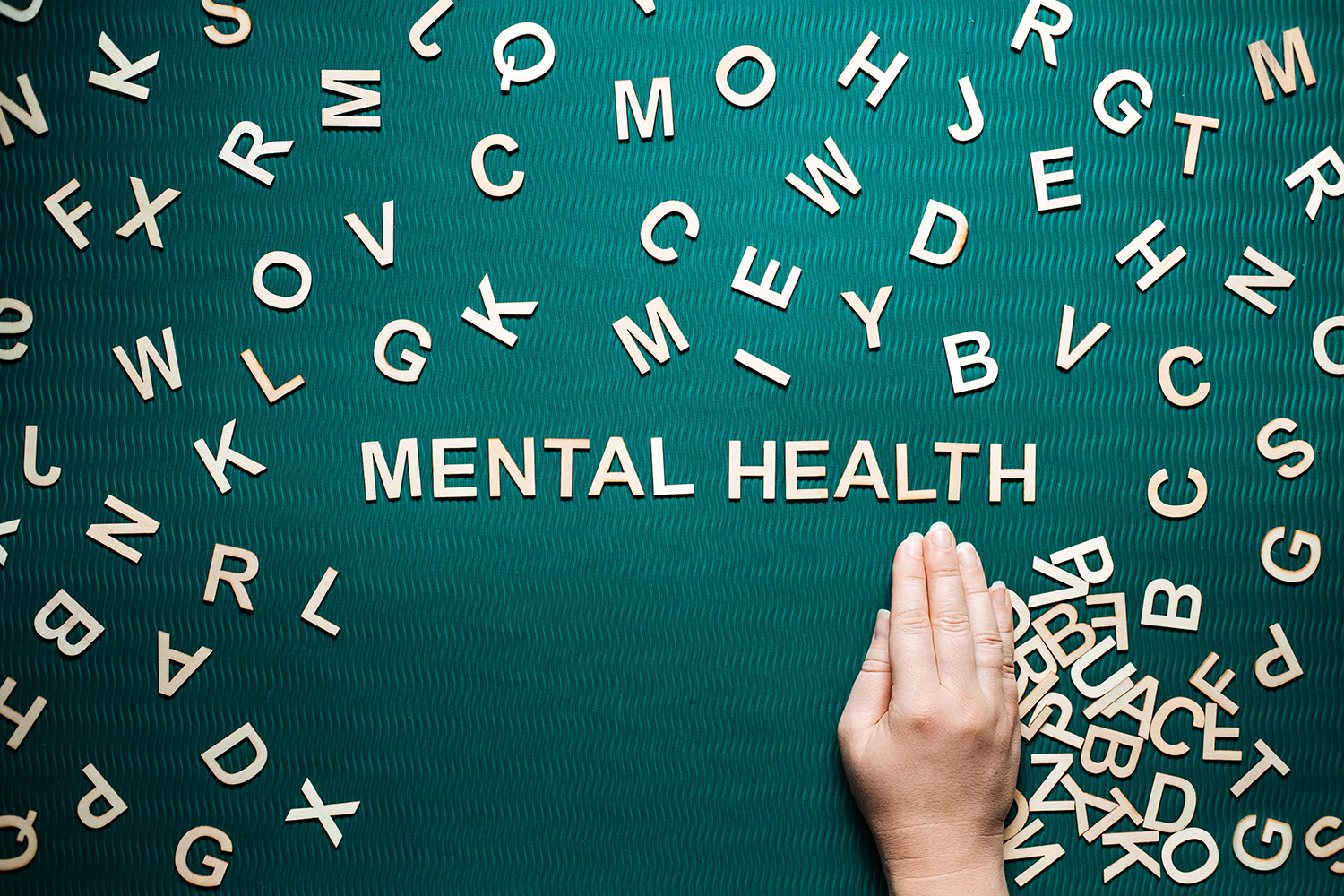
Reducing Classroom Disruptions with On-Site Mental Health Counseling Services
Reducing classroom disruptions is a shared goal among educators, administrators, and support staff—and on-site mental health counseling services are a powerful solution. Disruptions in the classroom, whether they involve frequent outbursts, defiance, or emotional dysregulation, can derail lessons, distract peers, and leave teachers overwhelmed. While these behaviors are often signs of underlying emotional struggles, schools don’t always have the internal resources to address them effectively. Contract counselors who provide on-site support step in to identify root causes, intervene early, and offer strategies that lead to calmer, more productive classrooms.
Understanding the Root of Disruptive Behavior
Many students who frequently interrupt instruction or display behavioral challenges are not acting out to be difficult—they may be experiencing anxiety, trauma, attention difficulties, or emotional dysregulation. Without tools to manage these internal struggles, their behaviors manifest outwardly. Reducing classroom disruptions starts by understanding that these actions are symptoms of deeper issues. School-based mental health counseling services allow trained professionals to assess emotional needs, build trust with students, and develop behavior plans that meet those needs compassionately and constructively.
Contract mental health counseling providers are uniquely positioned to address behavioral issues in real time. By being physically present on campus, they can observe behaviors as they occur, consult with teachers, and respond quickly to support students in moments of distress. This immediate and consistent intervention is one of the most effective strategies for reducing classroom disruptions, especially in schools where high caseloads or limited access to external services may otherwise delay support.
How Mental Health Counselors Intervene Before Behaviors Escalate
One of the most effective ways of reducing classroom disruptions is to stop them before they escalate. On-site counselors use proactive techniques such as daily check-ins, behavior tracking, and emotional regulation tools to help students manage their stressors early. By working with students one-on-one or in small groups, counselors can provide targeted skill-building around impulse control, anger management, and conflict resolution. These interventions reduce the frequency and intensity of disruptions by giving students the tools they need to cope and self-regulate in the classroom.
Helping Teachers Respond Effectively to Challenging Behaviors
Teachers are on the front lines when it comes to classroom behavior, but they are not always trained in mental health strategies. Contract mental health counseling services include staff collaboration and coaching. Counselors offer insights into behavior triggers, suggest de-escalation techniques, and help create individualized behavior plans. This professional guidance empowers teachers to respond to disruptions with confidence and consistency, which is critical in reducing classroom disruptions and maintaining a calm learning environment.
Creating Safe Spaces for Emotional Regulation
Sometimes students need a brief break to reset and regulate their emotions. On-site counselors can designate and manage safe spaces within the school where students can go to calm down before returning to class. These spaces are equipped with sensory tools, calming visuals, and mindfulness activities. Incorporating these areas into the school environment plays a vital role in reducing classroom disruptions by preventing emotional escalation and encouraging self-awareness.
Supporting Students with Emotional and Behavioral Diagnoses
Students with ADHD, anxiety disorders, trauma histories, or behavioral disorders often need additional support to succeed in structured learning environments. Contract mental health counseling services allow these students to receive tailored support plans that go beyond academic accommodations. Through individual counseling, goal-setting, and social-emotional learning (SEL), students are given a framework to better understand and manage their behavior. This personalized approach is highly effective in reducing classroom disruptions while promoting growth and confidence.
Collaborating with Families to Reinforce Strategies at Home
Classroom behavior is often linked to home life, and progress is accelerated when families are involved. On-site counselors engage with caregivers to discuss behavioral patterns, suggest consistent routines, and share strategies that can be used across settings. This collaborative approach ensures continuity of care and helps parents feel supported rather than blamed. When students receive consistent behavioral expectations and emotional support at school and at home, reducing classroom disruptions becomes a much more achievable goal.
Tracking Progress and Adjusting Interventions
Behavioral change is a gradual process. On-site mental health counseling professionals regularly track student progress through observation, feedback, and data collection. They monitor what strategies are working, where additional support is needed, and how to adjust plans for optimal results. This continuous monitoring ensures that interventions remain relevant and effective, significantly contributing to reducing classroom disruptions and improving student engagement over time.
Promoting a Positive and Inclusive School Culture
When behavioral challenges are addressed with empathy and consistency, the entire school community benefits. Contract counselors help foster a positive culture by promoting inclusive practices, facilitating SEL programs, and supporting peer mediation initiatives. Students learn to communicate respectfully, support one another, and take responsibility for their actions. These social skills are essential not just for reducing classroom disruptions, but for building emotionally safe and collaborative learning environments.
Reducing the Need for Disciplinary Measures
In many schools, frequent disruptions result in office referrals, suspensions, or other punitive consequences that don’t address the root cause. With on-site mental health support, students receive therapeutic interventions instead of immediate discipline. By focusing on prevention and skill-building rather than punishment, schools can reduce exclusionary practices and keep students in the learning environment where they belong. This shift is key to reducing classroom disruptions while promoting equity and positive outcomes for all learners.
Creating Peaceful Classrooms Through Mental Health Counseling
Reducing classroom disruptions is not about silencing students—it’s about understanding them. On-site mental health counseling services give students the emotional tools, behavioral strategies, and relational support they need to thrive. When schools invest in on-site counselors, they create a culture where every child can feel seen, heard, and supported. As a result, classrooms become calmer, more focused, and more inclusive—allowing both students and teachers to succeed together.
🧠 Empower your students with personalized behavioral support! Kinetic Pediatric Contract Therapy offers tailored Behavioral Therapy services to schools across North Carolina, helping children thrive both academically and socially. Our expert therapists work closely with educators and families to address emotional, social, and behavioral challenges, ensuring each child receives the care they need to succeed. 🌟 Let’s create a positive learning environment together—contact us today to bring our Behavioral Therapy services to your school and support every student’s success!
Please Share




